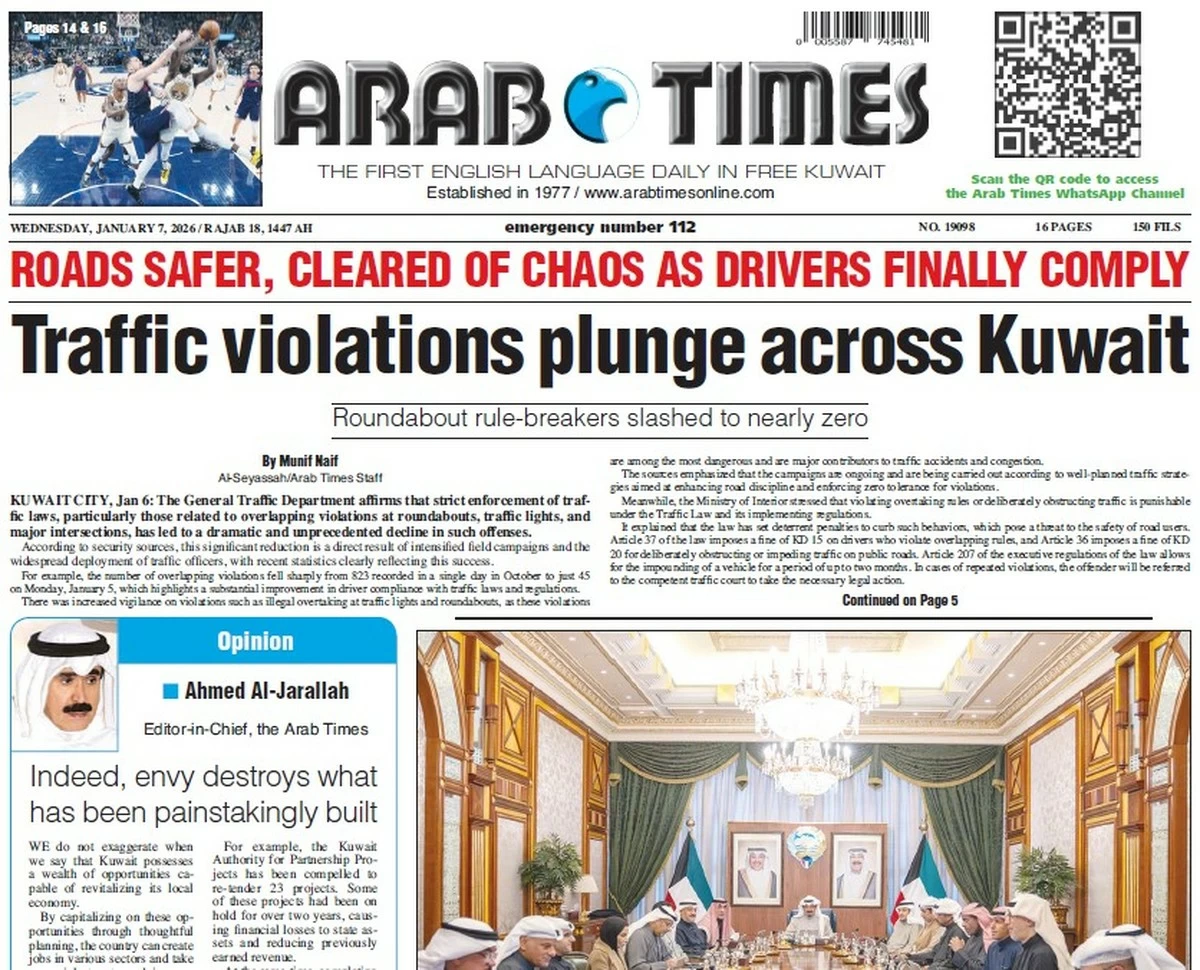15/11/2016
15/11/2016
 Dana Winner
Dana WinnerI am feeling a lot of tension, as I look forward to a busy week, teaching cybersecurity in schools, presenting a paper about Knowledge Asset Management at the PAAET “Heading Global” conference and then leading a workshop at the TESOL-Kuwait Conference regarding the development of Kuwait Knowledge Networks in Kuwait. Although it is a busy schedule, that is not what is causing me tension. My tension is caused by the challenging of balancing between the openness that supports the growth of the knowledge economy with the risk of sharing knowledge and information on the Internet. |
It is 20 years since HTML made the electronic Web of linked pages possible and caused an accelerating emphasis on knowledge sharing and creation. What we failed to develop was effective ways to protect knowledge and information on the Internet. With every passing day, the risk related to sharing information on the Internet is increasing. This week, as I teach Cybersecurity In schools and Knowledge Asset Management to support the growth of the Knowledge Economy, I expect to experience increasing creative tension between openness and protectiveness, between knowledge sharing and protecting information.
For most of us, sharing information online requires a personal or corporate risk assessment. We must decide what information we need to share online in order to accomplish our personal or business goals. For children there is no need to make such a decision. Children have absolutely no need to put their personal information online. Ever. Full stop.
That is the message of the Safe & Secure Online education program from (ISC)2 (www.is2.org). The currently available education materials are designed for students aged 10-14. The education materials feature Garfield The Cat and his cartoon friends who work together to teach cybersecurity lessons. There is no doubt that the students are able to understand the message. At the end of the lessons I asked them “what kind of information should you never share online?” They correctly answer, “full name … phone number … age … gender … locations … photos … passwords!” However, I worry that their new knowledge may not always be translated into action. Convenience is the driving force in our Internet behavior.
When convenience drives our online behavior, we engage in risky behavior on the Internet. Although the Digital Economy is not the same as the Knowledge Economy there is no doubt that the Internet is used in many ways to support and even overlaps the Knowledge Economy. The common way to describe this overlap is the use of the word “Smart”. In the PAAET Knowledge Economy conference, “Heading Global”, the word “smart” classifies several nouns to create Knowledge Economy components: Smart Kuwait, Smart, Cities, Smart ICT, Smart Grid, and so on. Daily we are increasing our dependence on cyberspace applications. Concurrently, we are experiencing increasing and accelerating cyberattacks that threaten our “smart” cities. Is this a smart way to build the knowledge economy?
I have spent my whole adult life building information systems to support knowledge management. Now, I feel constant tension around the way we are building systems in cyberspace without sufficient risk assessment and protection. I am particularly troubled that we focus more on “bright shiny objects” — technology — rather than on building human capital. The Global Knowledge Economy demands more of Knowledge Workers, not less. Our children and young people need to more knowledge than their parents, not more tech-toys to play with. They need communications and information management skills if they are “Heading Global”.
Those communications and information management skills are the topic of the TESOL-Kuwait conference (www.tesolkuwait.org) “Innovation, Creativity, Communication: Facing Novel Challenges in TESOL”. While the primary focus of TESOL-Kuwait is on supporting teachers of English as a Second Language, the thematic focus on Innovation and Creativity in and through Communication puts the TESOL-Kuwait conference squarely on the Knowledge Economy track. The Friday workshop focused on the development of knowledge networks, called Special Interest Groups, provides guidance for developing the foundational components of the Knowledge Economy. By developing Knowledge Assets such as Knowledge Networks, we are building the Kuwait Knowledge Economy.
As I enter this week of teaching cybersecurity and also sharing with many others in talking about the development of the Kuwait Knowledge Economy, I hope to develop some new insights regarding exactly how to balance the openness needed for knowledge sharing and creation with the knowledge protection needed to sustain the growth of the Knowledge Economy.
By Dana Winner


